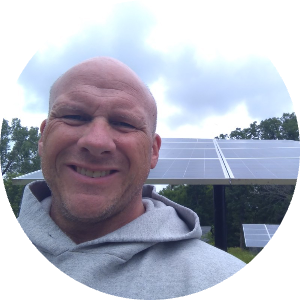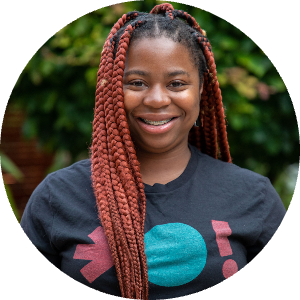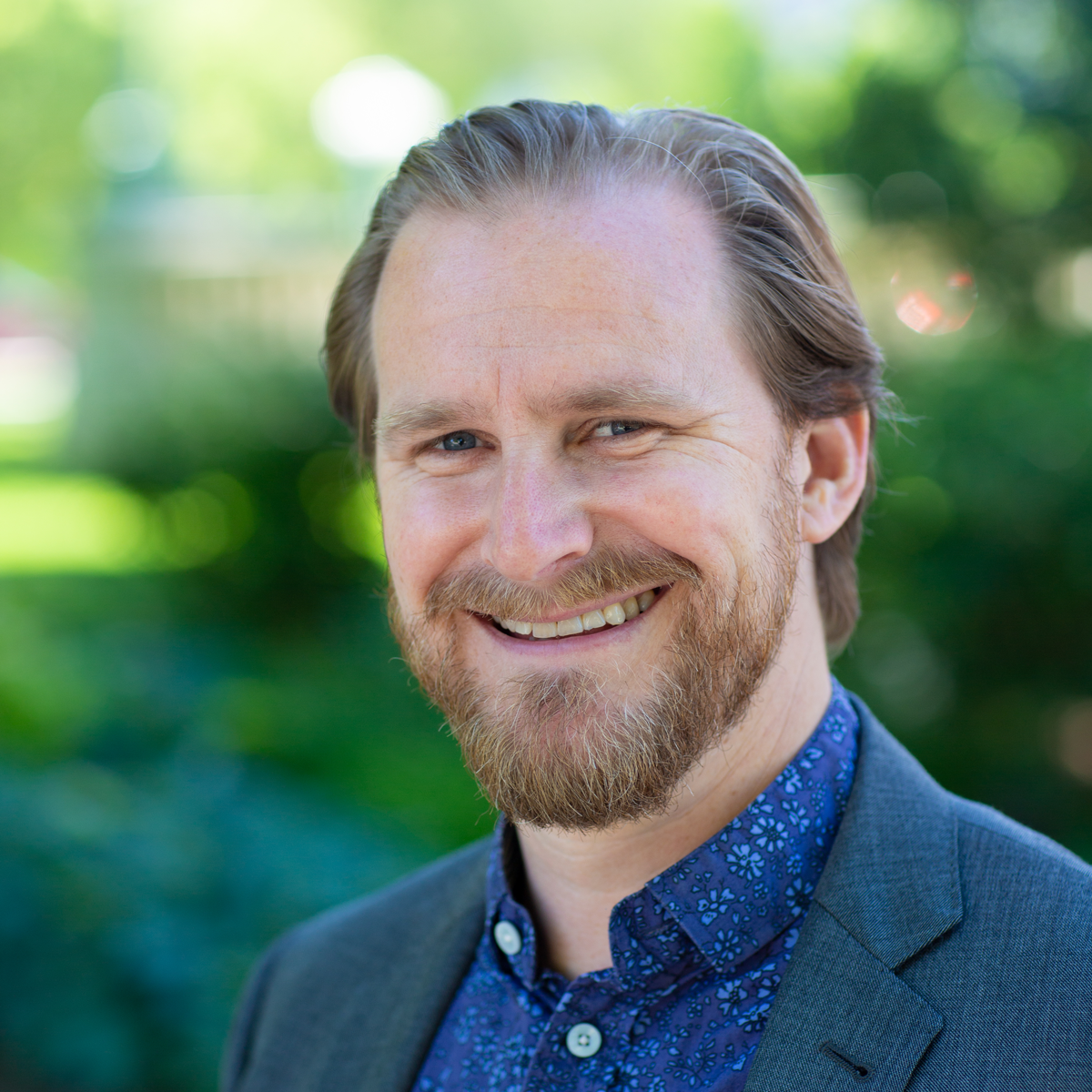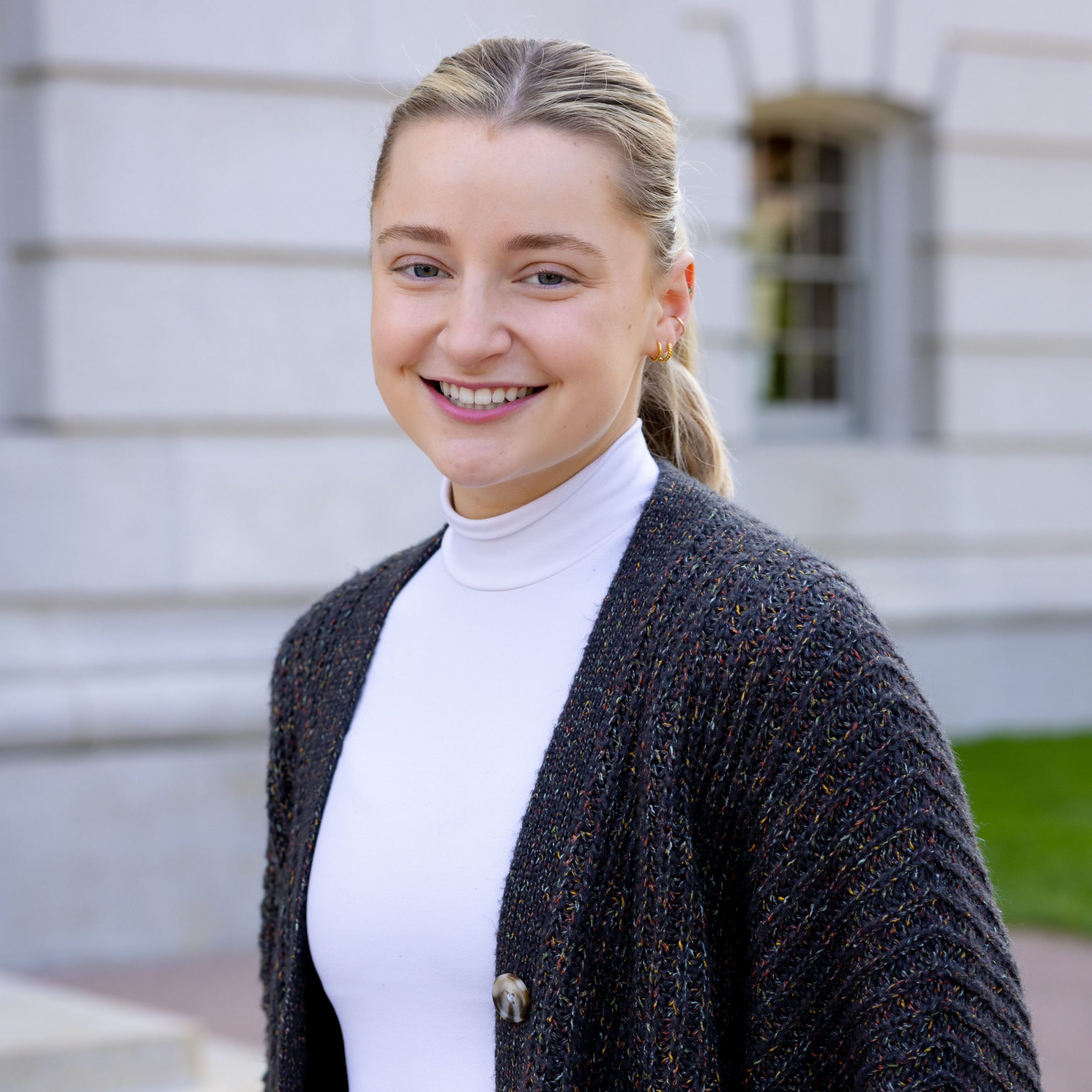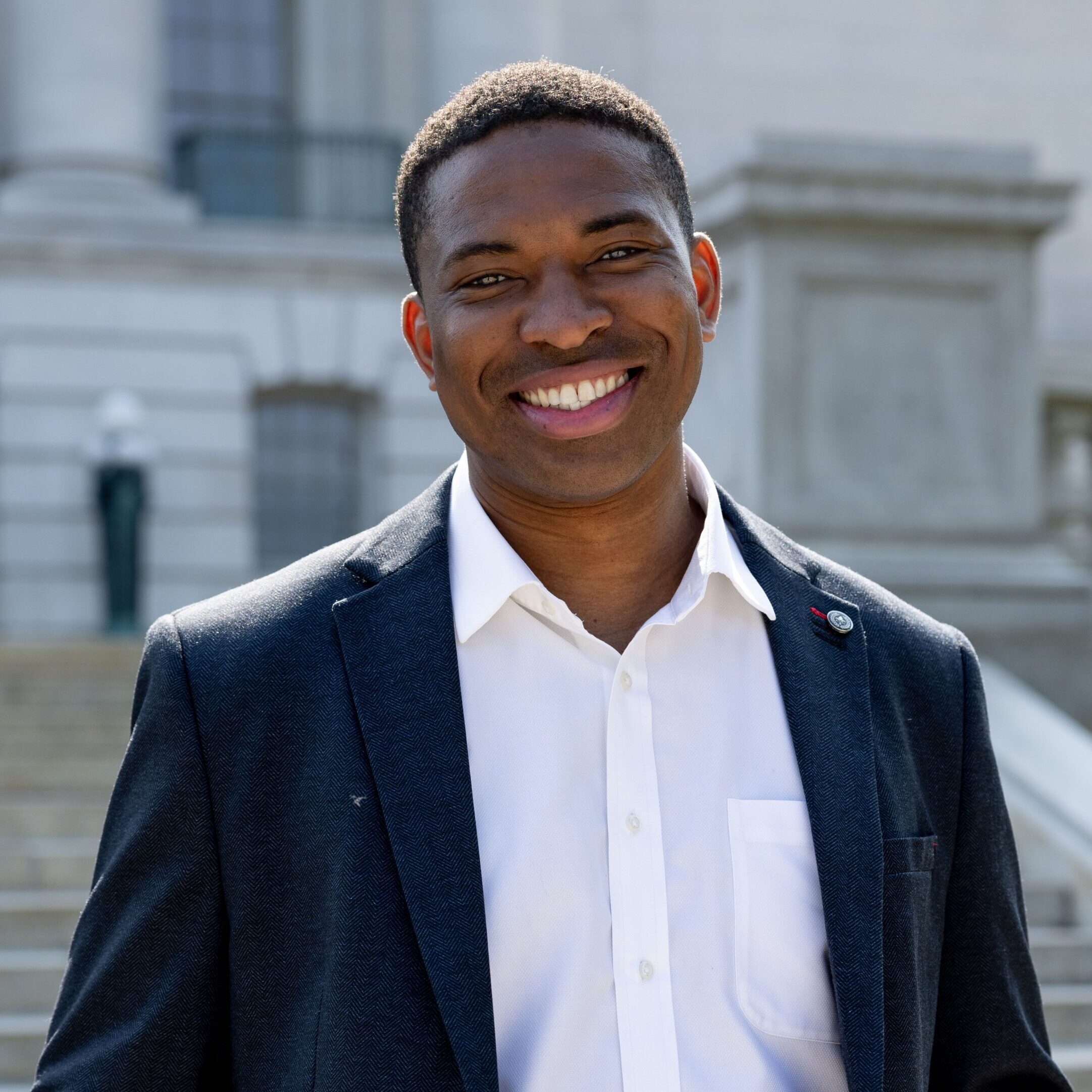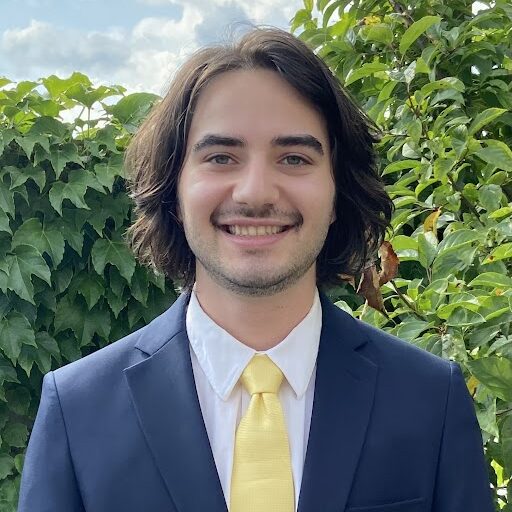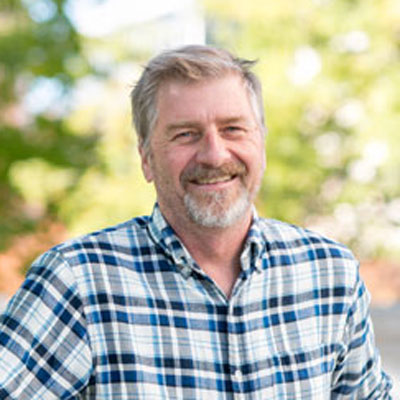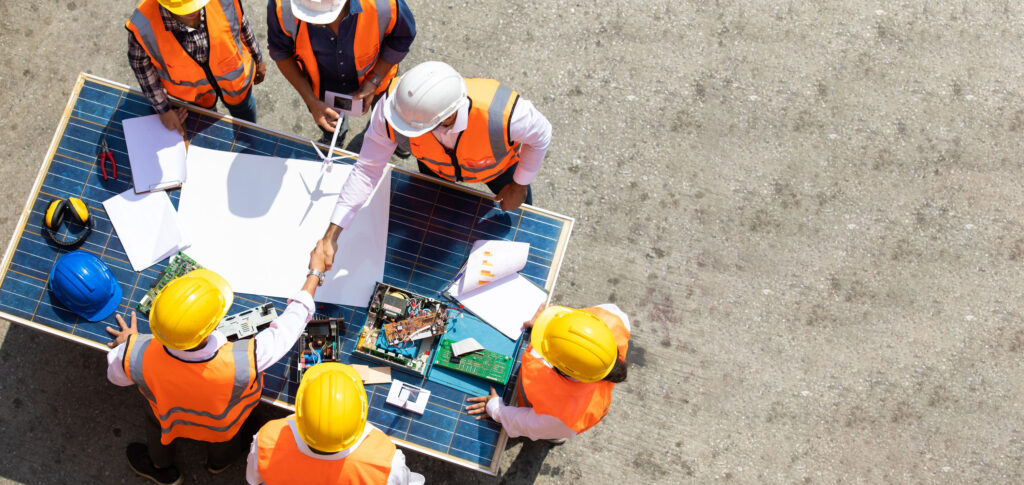
by Julia Holzschuh | Oct 27, 2023 | Membership, RENEW Wisconsin
RENEW Wisconsin has updated our business member benefits to provide the industry partners who support us, with the tools they need to thrive. As members, they are a part of something bigger, an organized voice that advocates for clean energy in the Badger State.
Our updated membership benefits package aims to not only give our business members tools but also create more opportunities for them to connect and work together.
Membership with RENEW is about more than just advocacy; it’s about supporting the clean energy industry as a whole, and this mission would not be possible without the collaboration of our members.
How We’re Supporting Our Business Members:
- Access to RENEW Wisconsin’s Community Portal
- Educational Webinars
- Networking Events
- Thought Leadership Opportunities
- Event Discounts
- One-on-one Meetings with RENEW Staff
We are particularly excited about our Community Platform. This digital portal is designed with our business members in mind. It’s our aim to facilitate engagement and collaboration within our clean energy community.
By supporting and bringing together our members we can foster a dynamic community of renewable energy champions, that will create an environment where they can connect, grow, and shape Wisconsin’s renewable energy future.
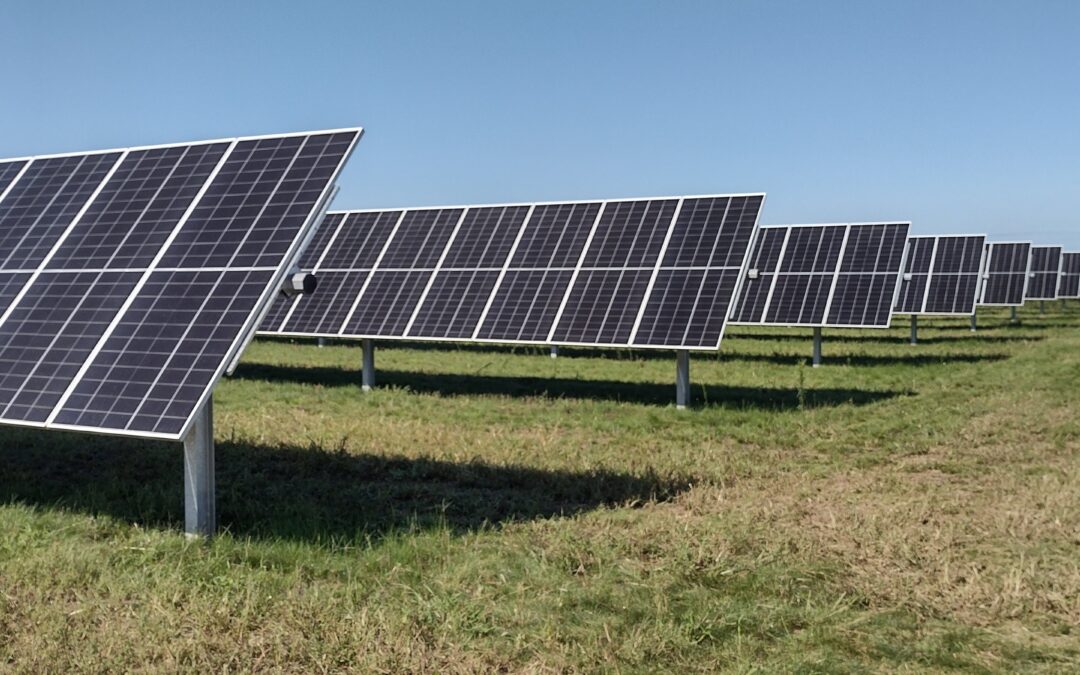
by Michael Vickerman | Sep 13, 2023 | PSC Priorities, Public Service Commission, RENEW Wisconsin, Renewables, Solar, Utilities
A 200-megawatt (MW) solar project, Silver Maple Solar, has been proposed in Fond du Lac and Winnebago Counties. If approved, Silver Maple Solar is expected to begin producing enough clean energy to power 35,000 Wisconsin homes by the end of 2025.
Solar power projects larger than 100 MW must gain approval from the Public Service Commission of Wisconsin (PSCW) before they can proceed to construction. Along the way, there are opportunities for public comment, including at the PSCW. Earlier this summer, RENEW Wisconsin submitted testimony in support of Silver Maple Solar to the PSCW. Now that the public comment period is open, you can share your support for this project as well.
Silver Maple Solar represents a significant economic investment in rural southeastern Wisconsin, providing steady revenues to area landowners and communities while generating emission-free renewable electricity for more than 30 years. The developer of the project, Leeward Renewable Energy, has provided a high-level overview and a map of the project to help the public better understand its benefits.
Since 2019, the PSCW has issued approvals for 17 solar power projects across Wisconsin, totaling 3,249 MW. With the addition of Silver Maple, solar energy will make up 10% of Wisconsin’s electricity production, the highest share for a state in the Upper Midwest.
Help us demonstrate Wisconsin’s enthusiastic support for projects like this by submitting a comment in support of Silver Maple Solar. Be sure to specifically reference the project and the benefits that it can bring to Wisconsin. The deadline to submit comments is October 13, 2023.
We’ve included a sample message to help you get started. Please keep in mind that the PSCW allows one comment per case and that customizing your message will have a greater impact.
Sample Comment
I’m writing in support of the Silver Maple Solar, under review in Docket No. 9813-CE-100. This project would support local economies and keep energy dollars in state by producing homegrown, renewable energy right here in Wisconsin.
Beyond the economic benefits, the Silver Maple Solar project will also help to displace carbon dioxide, support grid stability, and provide Wisconsinites with an affordable source of electricity. With available land and appropriate infrastructure, projects like this make sense for Wisconsin.
I respectfully encourage the PSCW to rule that Silver Maple Solar is in the public interest and issue a permit enabling the project to proceed to construction. Thank you for your consideration of my views.
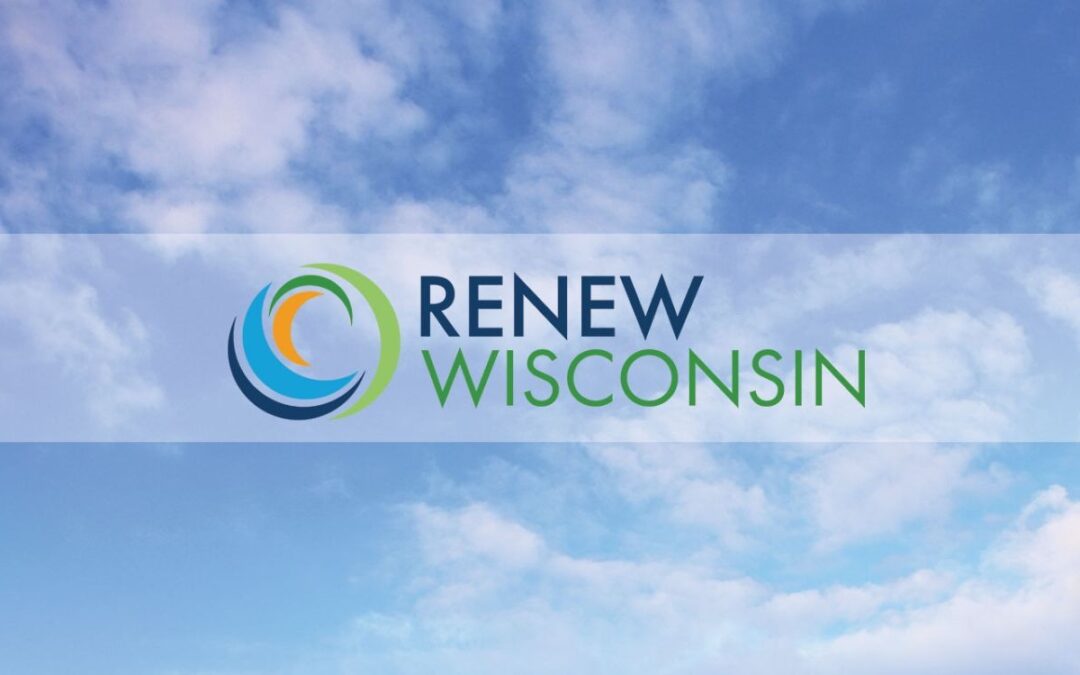
by Alex Beld | Jul 14, 2023 | Community, RENEW Wisconsin
Thank you to all members who voted in our 2023 Board of Directors Election. RENEW Wisconsin’s Board of Directors plays an important role in setting the strategic vision for the organization. All dues-supporting members of RENEW Wisconsin were invited to vote in this year’s Board of Directors election.
This year’s election results include three incumbent board members, Josh Stolzenburg, Alicia Leinberger, and Eric Udelhofen, and two newly elected board members, Michael Troge and Victoria Soloman. All will soon begin a three-year term, helping us advance renewable energy in Wisconsin.
MEET OUR NEWLY ELECTED BOARD MEMBERS
VICTORIA SOLOMAN
I am honored to join the RENEW Wisconsin Board of Directors. I’m highly interested in this organization and position because I understand that RENEW is a leader on advancing clean energy in Wisconsin. I want to support taking such action now for current and future generations across all of Wisconsin.
Areas where I seek to add value to the RENEW Board of Directors:
● Building bridges through education and facilitating common ground. In my role at UW-Madison Division of Extension, I am part of a cross-programmatic team working in communities across Wisconsin on climate change. I have experience with government, multi-sector leadership, and deliberative dialogue on topics such as climate change.
● Connection with diverse networks. Every day I work with decision-makers across sectors in rural, suburban, and urban communities. I work with community leaders across sectors, races, cultures, languages, geography, educational level, and political perspective at local, state, and national levels.
● Planning, measuring, and communicating. I am a certified planner with organizational, county, and regional planning experience. Additionally, as an associate professor, I evaluate my current educational programming using a variety of tools to tell the story of my educational and research work. This is consistently effective in connecting with the community across diverse sectors and perspectives
MICHAEL TROGE
My introduction to RENEW was at the 1999 MREA energy fair. Little did I know this would change the course of my career. It’s been a fascinating ride full of ups and downs. The technologies are innovative, and the people are inspiring.
It’s taken a while to find my niche in the industry. I’m fortunate to work for Oneida Nation, allowing me and the Energy Team the flexibility to build a concept that has led to PV & solar-thermal installs, a variety of energy studies, climate preparation, and most recently the planning and design of the Oneida Nation Health Campus Resiliency Project featuring a microgrid with 2 MW horizontal tracking array and 6 MWh BESS. I value working with an Indian Tribe that has a progressive nature driven by a history of hardship. Tribes across the country are so different, but they’re all reaching for the same thing – their sovereign right to thrive. Energy is a big part of that.
I’m proud to be a founding board member of the Midwest Tribal Energy Resources Association (2014) devoted to Tribal energy development. It’s grown to 20 member-Tribes. As a RENEW Wisconsin Board Member, I intend to continue to build those connections that encourage all organizations to partner toward a responsible energy future.
RENEW also recently welcomed Tonyisha Harris to our board, filling a mid-term board vacancy.
TONYISHA HARRIS
I am absolutely honored to join the RENEW Board of Directors.
As a member organization and communications point of contact of the Clean Economy Coalition of Wisconsin (CECW), I have the pleasure of collaborating with RENEW on advancing clean energy in Wisconsin. Working with Jodi Jean Amble and occasionally Sam Dunaiski is an amazing opportunity to learn the landscape and best communication practicies that resonate with Wisconsinites. Sending a video to the RENEW Summit was an awarding experience and I’m glad to have been invited to represent young people at the summit.
Areas where I seek to add value to the RENEW Board of Directors:
● Education: I led student-run campaigns at Loyola University Chicago, including but not limited to “A Place at the Table,” a campaign geared towards making environmental organizations and activism more diverse and inclusive to students of color and non-environmental science/studies majors.
● Communications: As the Associate Director of Communications and Partnerships at ACE, I
excel at writing communications that resonate with young people, especially those with marginalized backgrounds and identities. This experience is critical to diversifying the membership and audience of RENEW.
RENEW BOARD OF DIRECTORS
Josh Arnold • Madison, WI
Mike Barnett • Madison, WI
Mike Cornell • Hartland, WI
Jim Funk • Winneconne, WI
Samara Hamze • Stevens Point, WI
Tonyisha Harris • Chicago, IL
Alicia Leinberger • Viroqua, WI
Mariah Lynne • Albert Lea, MN
Lauren Reeg • Boulder, CO
Amy Seeboth-Wilson • Platteville, WI
Victoria Soloman • Monticello, WI
Josh Stolzenburg • Wausau, WI
Michael Troge • Seymour, WI
Eric Udelhofen • Madison, WI
Ken Walz • Madison, WI
Don Wichert (DIRECTOR EMERITUS/Lifetime/Non-voting) • Madison, WI
Thank you for participating in the election and using your voice to help shape RENEW’s future! And thank you to all candidates who offered their expertise and time to help our organization grow and thrive.
RENEW Wisconsin
RENEW Wisconsin holds elections for our Board of Directors every year. If you or someone you know would like to be considered for our next election, please complete the short form linked below. Racial diversity and inclusion are a priority in our organization, and we strongly encourage people of color and other underrepresented groups to join us in advancing renewable energy in Wisconsin.
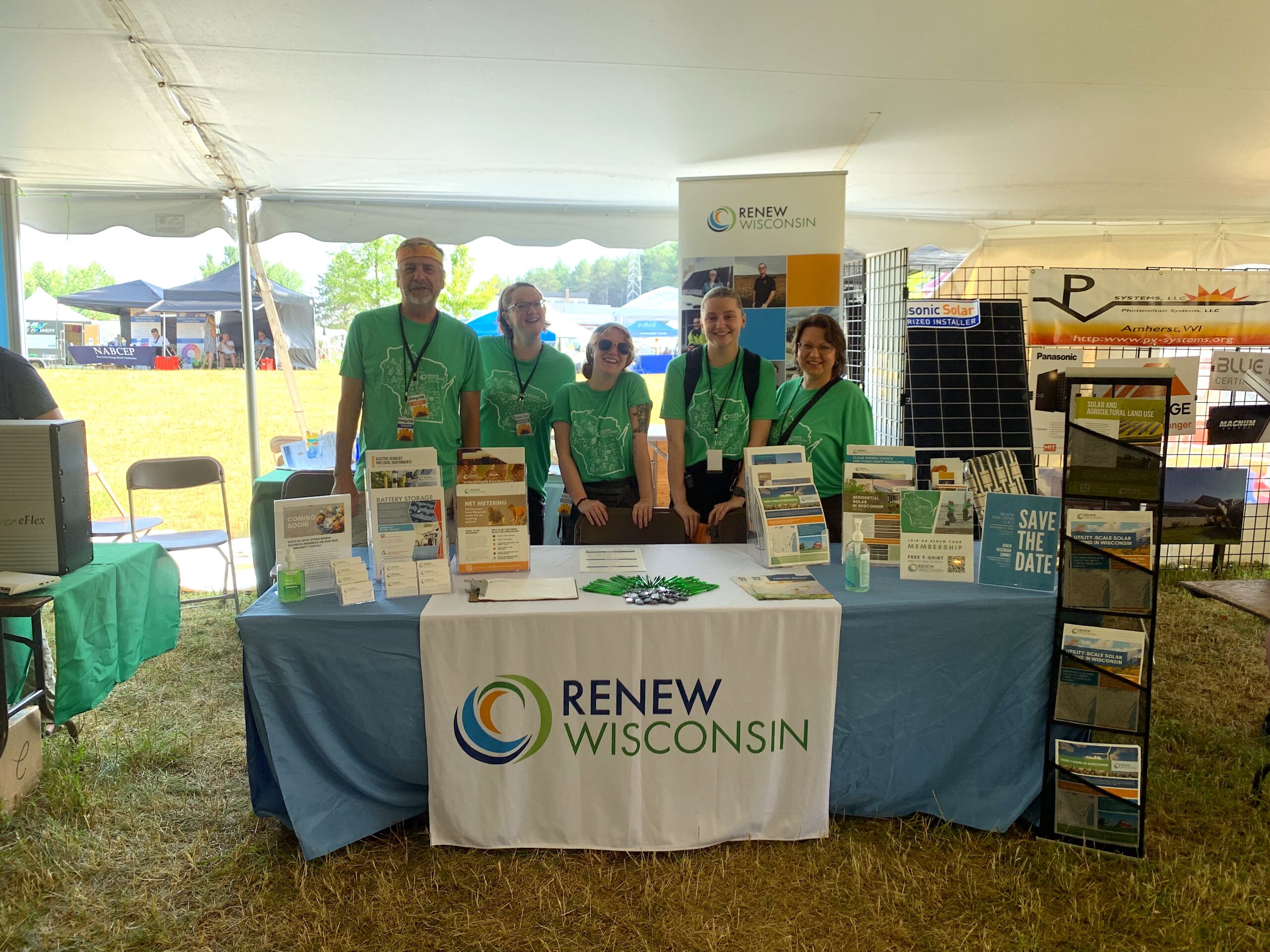
by Julia Holzschuh | Jun 27, 2023 | Electric Vehicles, Electrification, Energy Storage, Events, Inflation Reduction Act, Local Government, Netzero Wisconsin, Policy, Programs, RENEW Wisconsin, Renewables, Solar, Solar for Good, Sustainability, Utility Scale
Last weekend, the Midwest Renewable Energy Association (MREA) hosted the 32nd Annual Energy Fair, bringing people together to learn about sustainability and clean energy, connect with others, and take action toward a sustainable future. The Fair featured workshops, exhibitors, live music, inspiring keynote speakers, family fun, great local food, and more.
RENEW staff presented some compelling workshops and you can download slides from their presentations below.
Zero Carbon by 2050—A Path for Wisconsin
Andrew Kell, RENEW Policy Director, discussed zero-carbon goals and ongoing planning efforts in Wisconsin. Andrew also was a guest on a live podcast, focused on Wisconsin’s Net Zero future.
MadiSUN Workforce Training
Lauren Cohen, RENEW Program Coordinator, held a workshop regarding career growth opportunities within Wisconsin’s clean energy industry, focusing primarily on opportunities within the solar industry.
Vehicle-to-Grid: Opportunities and Challenges
Francisco Sayu, RENEW Emerging Technology Director, discussed how Vehicle-to-Grid technology unlocks the energy stored in electric vehicles and opens opportunities for energy trading, energy management, and grid resiliency.
Farming Sunshine: Solar and Ag Land Use
Nolan Stumpf, one of RENEW’s Interns, presented a session regarding solar farms and the opportunities and challenges of using the land for farming purposes and advancing clean energy.
Can Clean Energy Overcome Local Opposition?
Michael Vickerman, RENEW Clean Energy Deployment Manager, discussed the opposition clean energy faces at the local level and how to overcome those barriers.
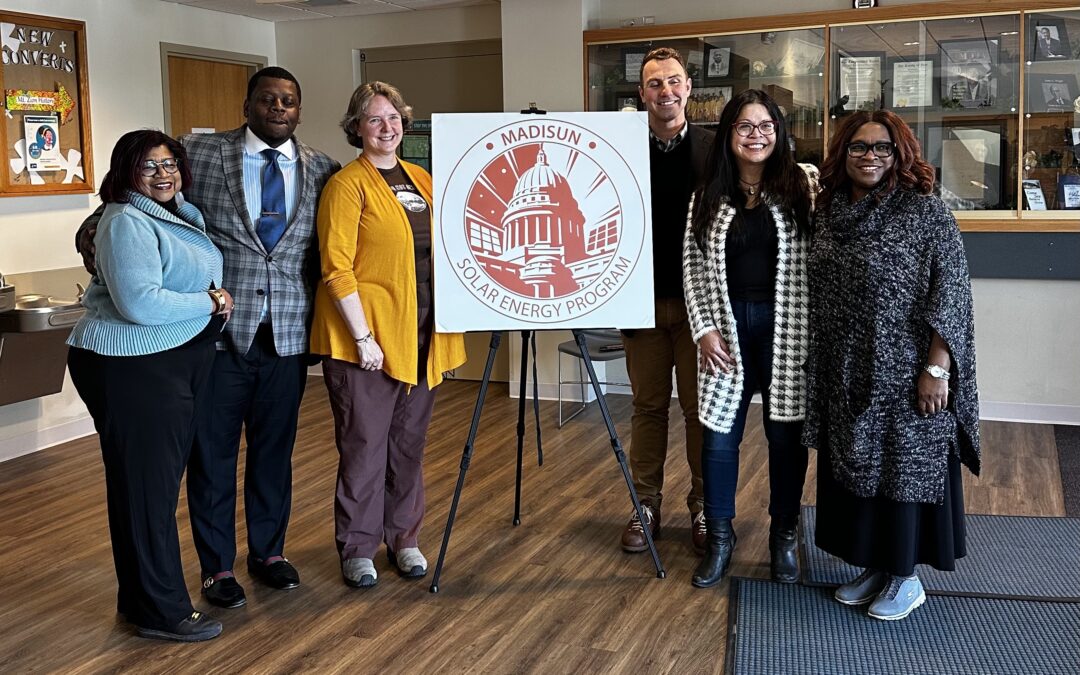
by Julia Holzschuh | Mar 29, 2023 | Press Release, Programs, RENEW Wisconsin
On Tuesday, Madison Mayor Satya Rhodes-Conway and RENEW Wisconsin announced the launch of MadiSUN’s 2023 Solar Programs, the City’s initiative to expand solar energy for local homes, businesses, affordable housing providers, and nonprofits. Participants included Sam Dunaiski, Executive Director of RENEW Wisconsin; Rev. Dr. Marcus Allen Sr., Pastor of Mt. Zion Baptist Church; and Maria Redmond, Director of the Wisconsin Office of Sustainability and Clean Energy.
MadiSUN is the City of Madison’s initiative to help foster the expansion of solar renewable energy. It consists of three programs: Group Buy for Homes, Solar for Businesses, and the Backyard Solar Grant. The Group Buy for Homes program simplifies the process of going solar for Dane County homeowners by putting them into direct contact with reputable solar installers. Since 2016, it has helped 289 Dane County residents install solar panels, totaling over 1600 kW. Solar for Business aims to educate and encourage Madison-based businesses to install solar power at their facilities. Since the program’s inception in 2018, they have awarded grants to 24 businesses with an aggregate capacity of 1600-kW and a total investment of $2,200,435. The Backyard Solar Grant fosters access to solar power for Madison-based community organizations and affordable housing providers that serve City of Madison residents. 19 organizations have received grants from the Backyard Program, with Mt. Zion Baptist Church receiving a $10,000 grant in 2021 for their 21.6-kW solar array. Looking forward to the 2023 season, MadiSUN is optimistic about the new possibilities presented by the Inflation Reduction Act on the programs. With nonprofit organizations now able to utilize previously unavailable solar incentives and an increase in the Solar Investment Tax Credit, RENEW is excited to facilitate the continued growth of these programs.
“I anticipate 2023 will be our best year yet!” said Sam Dunaiski, Executive Director of RENEW Wisconsin, “As administrator of the MadiSUN programs, RENEW believes in an all-of-the-above approach to renewable energy adoption. MadiSUN helps community organizations lower the upfront costs of solar, it helps Madison businesses navigate the questions around commercial solar implementation, and it makes going solar easy and affordable for local homeowners. These solar projects will help residents throughout the Madison area save money on their utility bills and reduce their carbon footprint.”
“We felt that installing a solar system would help the church serve the South Madison community by providing an example of leadership in demonstrating to the minority community the importance of good environmental stewardship.” said Pastor Allen of Mt. Zion Baptist Church. “We want to show the community the potential of long-term benefits of reducing dependence on nonrenewable resources thus, reducing the church’s carbon footprint.”
Federal investments from the Inflation Reduction Act (IRA) will complement and accelerate Madison’s Climate Forward Agenda by providing much-needed funding to reduce greenhouse gas emissions from the building and transportation sectors. IRA incentives will help increase the reach of City programs that support energy efficiency upgrades to naturally occurring affordable housing, and rooftop solar for homes and businesses through MadiSUN, and accelerate the transition of the City’s fleet to low- and no-carbon fuels, among other ongoing initiatives. The timing is fortuitous for new programs as well. The City’s new Building Energy Savings Program will help large commercial building owners identify opportunities to increase their energy efficiency and save money.
“I am very excited about the opportunities President Biden’s Inflation Reduction Act will bring for our MadiSUN program. The bill will allow thousands of Madisonians to transition to clean energy and grow the energy efficiency of their homes and businesses,” said Mayor Satya Rhodes-Conway.
The IRA will help Madison accelerate and reach its climate goals by providing funding directly to local households, businesses, and nonprofits to reduce energy costs and make clean energy and transportation more accessible for everyone. This can be done through: home energy efficiency upgrades, home energy systems, using electric vehicles, growing Wisconsin’s green economy, and by businesses utilizing energy cost savings.
- Home energy efficiency upgrades – The law includes rebates for energy-efficient electric heat pumps, water heaters, stoves, ovens, or other home appliances with more energy-efficient electric appliances for low- and moderate-income households. Any household can receive tax credits covering 30% of the cost of home construction projects on windows, doors, insulation, or other weatherization measures that reduce energy waste. These upgrades can lower home energy bills by at least $350 annually.
- Home energy systems – Households can also receive tax credits to cover 30% of installation of solar panels or battery storage costs. The average family installing solar using this credit would save $9,000 on their electricity bill over the system’s life, or about $300 per year.
- Electric vehicles – The IRA makes electric vehicles more affordable by providing up-front discounts of up to $7,500 for new and $4,000 for used electric vehicles, helping families save as much as $950 per year on fuel costs. Businesses can receive tax credits of up to $40,000 for commercial electric vehicles and a $100,000 tax credit for installing EV charging infrastructure in qualified census tracts.
- Growing Wisconsin’s green economy – Between 2023 and 2030, the IRA will bring an estimated $4 billion of investment to boost our manufacturing industry, employing an average of 472,000 workers.
- Business energy cost savings – Through the IRA, small businesses can receive a tax credit that covers 30% of the cost of switching over to low-cost solar power.
More information about the MadiSUN programs can be found on the programs website or by contacting the program coordinator Lauren Cohen at RENEW Wisconsin.
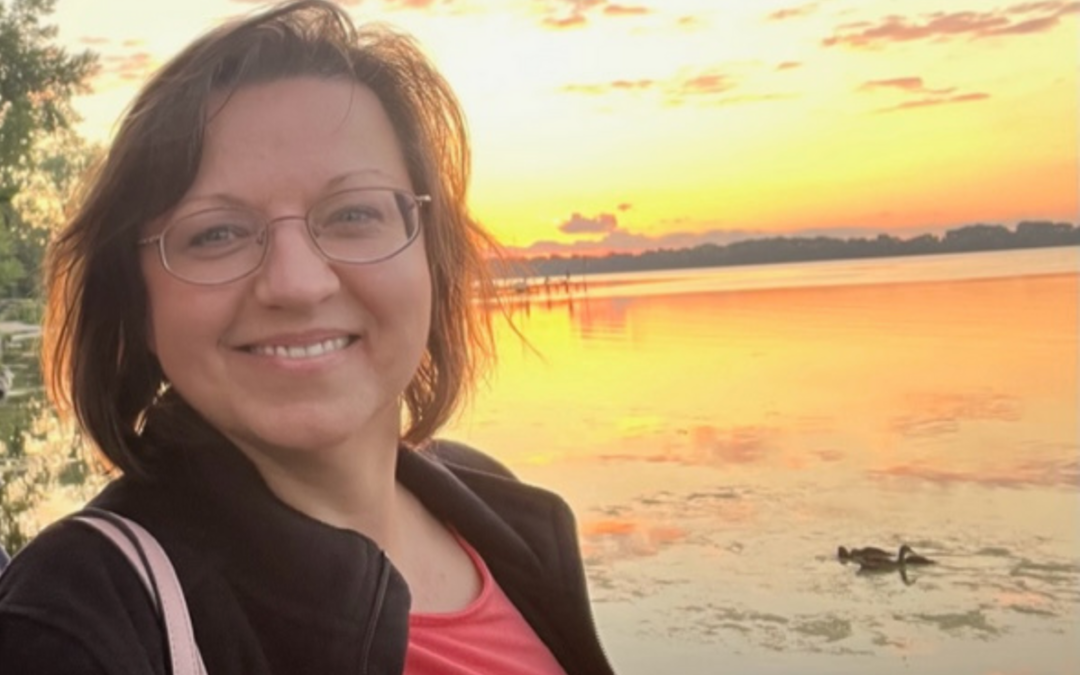
by Julia Holzschuh | Feb 23, 2023 | Press Release, RENEW Wisconsin
RENEW Wisconsin has appointed Beata Wierzba as Government Affairs Director following the retirement of Jim Boullion. Wierzba has been involved in government affairs for over 20 years, with previous positions at Nsight, the National Rural Electric Cooperative Association, the Wisconsin Electric Cooperative Association, and the Wisconsin State Legislature.
“I am excited to be working on state legislation again and look forward to being part of an organization dedicated to advancing renewable energy,” Wierzba said. “I wish all the best to Jim Boullion on his retirement.”
RENEW’s previous Government Affairs Director, Jim Boullion, retired on February 17, 2023, after helping Wierzba transition into the role at RENEW. “I am so excited to have Beata take my place at RENEW Wisconsin and lead our efforts to advance renewable energy,” he said. “Beata and I have worked together for over 20 years, and I have always been impressed by her. Her experience in government affairs with Wisconsin’s Electric Cooperative Association will give her a great foundation on the issues, and her relationships with the key players in the energy sector will allow her to hit the ground running.”
“We are very excited for Beata to join RENEW,” said Executive Director Sam Dunaiski. “Beata brings years of experience in the energy industry and a work ethic that matches our efforts as an organization. RENEW is thrilled to add Beata to our talented team.”





